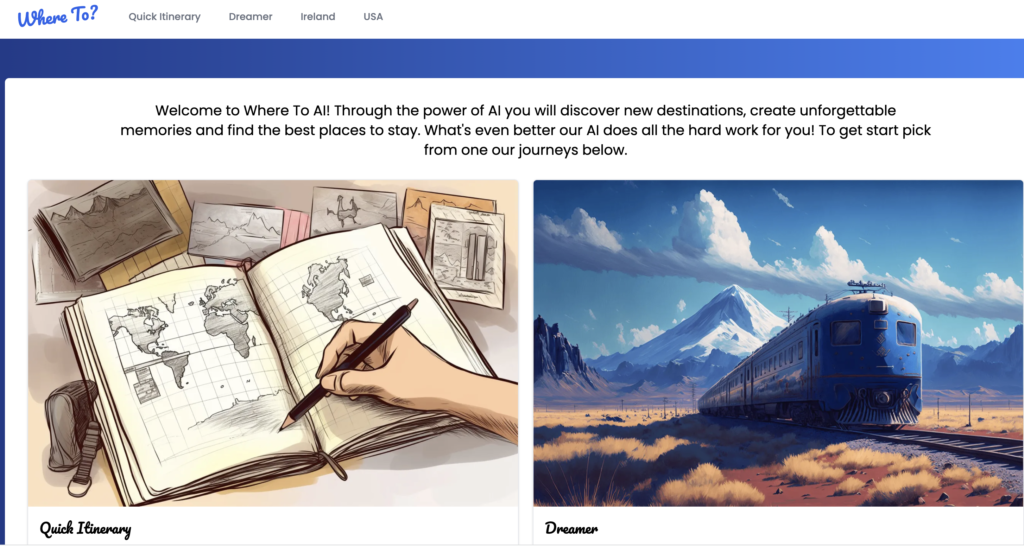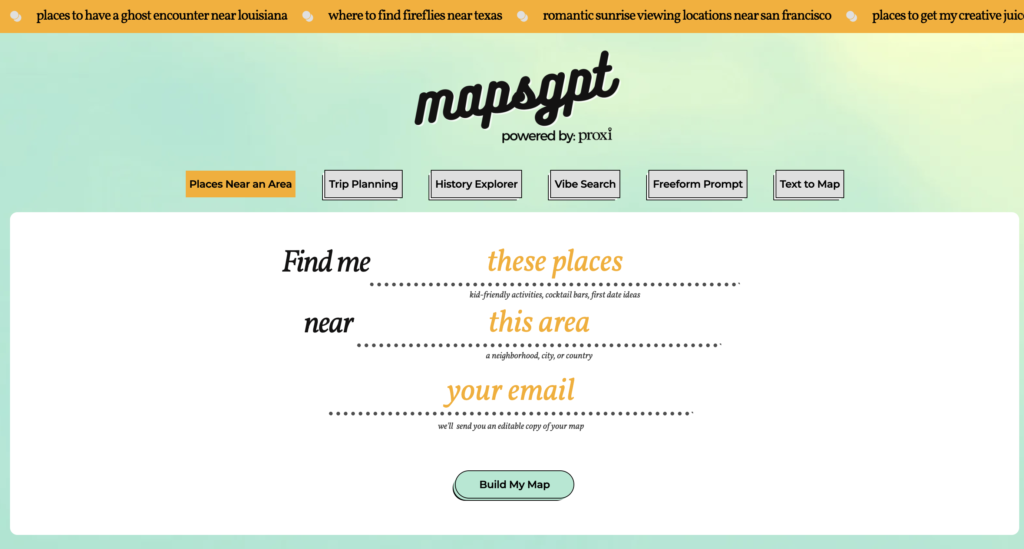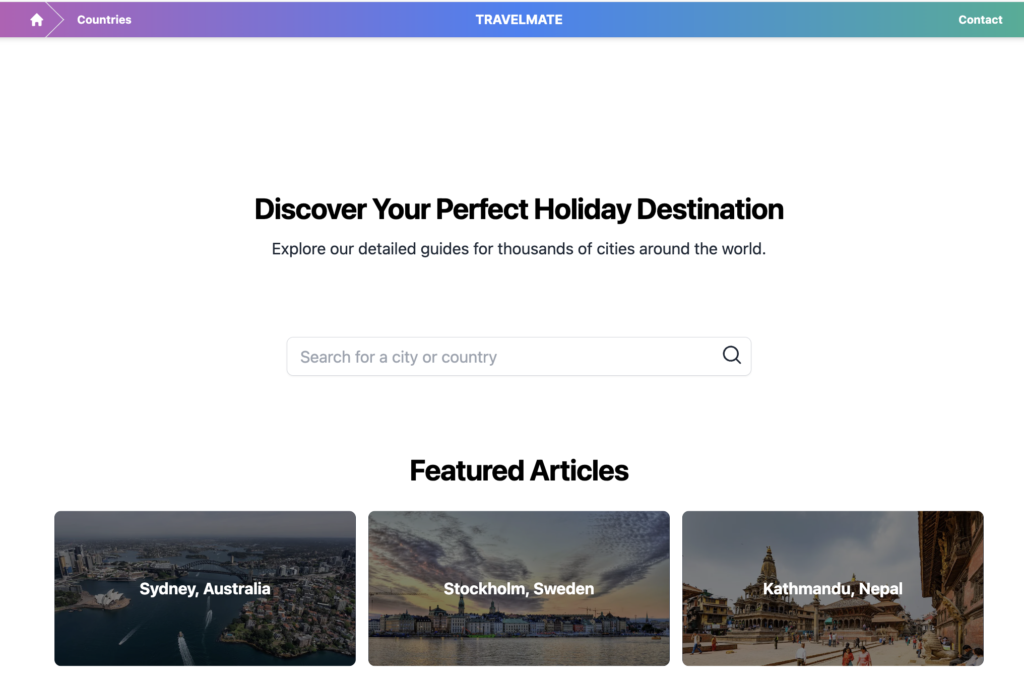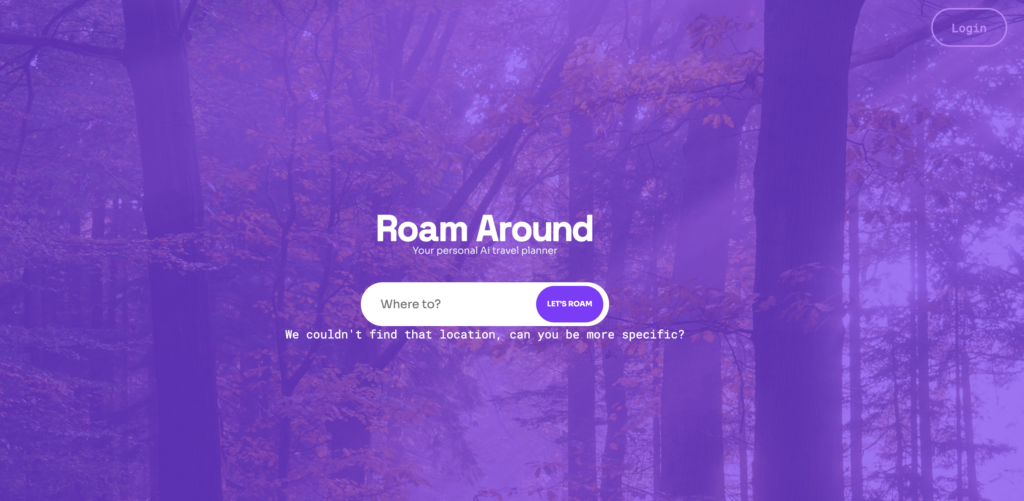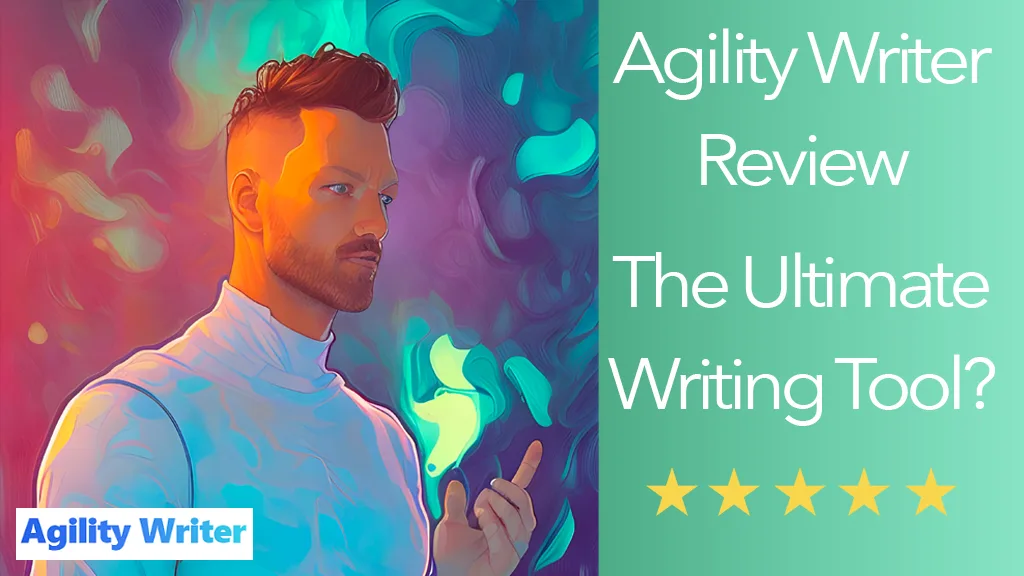Embarking on a journey? Whether it be an exotic adventure or a tranquil getaway, an AI trip planner can take care of all the tiresome mundane tasks and stress that planning for your next adventure often entails.
This innovation harnesses the powers of artificial intelligence to craft bespoke itineraries that can cater to your every whim, be it budgetary constraints, personal preferences, safety, activities, or logistical needs.
In this article, we’ll explore the best AI trip planners available to streamline your travel planning process. We’ll discuss their features, benefits, and drawbacks, and help you find the perfect AI travel app for your next adventure.
What is an AI Trip Planner?
An artificial intelligence (AI) trip planner is a tool for travel planning that creates personalised travel itineraries based on your preferences, spending limit, and trip needs.
These tools can include things like your preferred location, how long you want to stay, flight possibilities, lodging alternatives, and activities.
By automatically developing a vacation itinerary that meets your objectives and obviating the need for human planning and research, AI trip planners can save you time and effort.
Benefits of an AI Trip Planner
An AI trip planner can offer a range of benefits that can streamline your travel planning process and enhance your overall travel experience. Some of the key benefits include:
Personalization: Using your tastes and travel needs as a guide, an AI trip planner can develop personalised vacation plans. They can make sure that your vacation arrangements are customised to your needs by taking into account elements like your budget, departure dates, and preferred activities.
Efficiency: By automatically creating travel itineraries, making reservations, and delivering real-time updates, an AI trip planner can help you save time and effort. Your time can then be freed up to concentrate on other parts of your trip, like packing or sightseeing.
Cost savings: AI trip planners can help you find the best deals on flights, accommodations, and activities, potentially saving you money on your trip.
Seamless travel: AI trip planners can help you stay organized and on top of your travel plans, ensuring that everything runs smoothly from start to finish.
Top 5 Best AI Trip Planner for Travel
Here are some of the best AI trip planners available to help you plan your next adventure:
1. ChatGPT
ChatGPT, the mesmerizing AI-driven chatbot, emerges as a masterful travel companion, adept at unraveling the complexities of trip planning.
With its immense prowess in natural language processing (NLP), it delves deep into the network of your preferences, seamlessly conjuring a bespoke travel itinerary that echoes your desires.
The trick to using ChatGPT as an AI travel planner is to know what prompt is best responds to. We have provided an outline below to help you get the most out of ChatGPT as a travel planner.
ChatGPT Trip Planning Prompts:
Start with the destination: “Plan an overseas trip to [destination] for [duration].”
Specify the purpose: “Create an itinerary for an adventure-filled trip to [destination] with a focus on [activity/interest].”
Set a budget: “Design a budget-friendly trip to [destination] with a budget of [amount].”
Highlight interests: “Suggest travel ideas for [destination] that cater to landscape photography and [interest/activity].”
Seek recommendations: “Provide recommendations for off-the-beaten-path destinations in [country/region] that offer unique cultural experiences.”
Explore local cuisine: “Curate a culinary journey through [destination] by recommending popular local dishes and food markets.”
Consider historical sites: “Craft an itinerary for exploring historical landmarks and UNESCO World Heritage sites in [destination].”
Incorporate relaxation: “Include leisure and wellness activities in a beachside retreat to [destination].”
Plan for family travel: “Develop a family-friendly itinerary for [destination] with engaging activities for children.”
Seek hidden gems: “Uncover lesser-known attractions and hidden gems in [destination] for an authentic and immersive travel experience.”
Key Features
Personalization: You can alter ChatGPT to suit your own requirements and tastes. It can gather information about your preferences and spending limits and use that data to create custom travel arrangements.
For example, if you are interested in hiking, ChatGPT can recommend hiking trails in your destination. Or, if you are on a tight budget, ChatGPT can recommend affordable accommodations.
Accuracy: A sizable collection of travel-related data, including locations, lodgings, activities, and attractions, was used to train ChatGPT. This guarantees that the data it offers is accurate and current.
For example, if you are planning a trip to Paris, ChatGPT can tell you the current weather conditions, the best time to visit, and the top attractions to see.
Convenience: Using ChatGPT to organise your travel is practical. It is accessible from anyplace and doesn’t require any specialised knowledge or abilities to use. Web, mobile, and desktop are just a few of the platforms where ChatGPT can be accessed. It is also simple to use. Simply enter your destination and interests, and ChatGPT will create a tailored trip itinerary.
Cost-effectiveness: ChatGPT can help you cut costs on travel, lodging, and entertainment all for free.
Pros and Cons
Pros:
– Cost Effective: Free to use
– Easy to use: User-friendly interface
– Flexible: Can be integrated with messaging apps such as Facebook Messenger and WhatsApp
Cons:
– Limited functionality: compared to other AI trip planners
– User driven:Is only as good as the prompts the user inputs.
_________
2. Where To
Where To can be used as both a mobile app and a web application. Where To offers advanced personalization features to create custom itineraries based on your preferences, such as accommodation type, activities, and attractions.
In addition, Where To offers an in-app messaging feature, which allows you to communicate directly with local experts to get recommendations and advice on your itinerary.
Key Features
Quick Itinerary: This feature enables you to quickly and easily build an itinerary for your vacation. You only need to enter your destination, trip dates, and spending limit, and Where To will create a customised itinerary for you.
Dreamer: Dreamer is a feature that allows you to dream up your next trip. Answer a few questions about your interests and preferences, and WhereToAI will suggest a list of destinations that are a good fit for you. You can then refine your search by adding additional criteria, such as budget, length of stay, and activities.
Pros and Cons
Pros:
– Customisable: Offers advanced personalization features
– Availability: Available both as mobile app and a web application
– In-depth: Personalized travel itineraries based on user preferences.
Cons:
– Limited availability: Where To AI is not available in all countries.
– Accuracy of information: Some users have reported that the information on Where To AI is not always accurate.
_________
3. Maps GPT
Maps GPT, according to its creators, is set up to “speak the language of travel.” To generate customised travel itineraries, this AI-powered trip planner combines machine learning algorithms with natural language processing. Maps GPT is a fantastic tool for smooth travel planning because it also offers real-time updates on weather, traffic, and other travel-related information.
Key Features
Places near an area: Just type in the name of a location, and MapsGPT will generate a list of places that are nearby. This is perfect for finding new restaurants, bars, or shops to check out when you’re in a new city.
Trip Planner: as an AI trip planner, MapsGPT can help you plan your entire trip. Just input your interests and preferences, and MapsGPT will generate a personalized itinerary that’s perfect for you.
History Explorer: MapsGPT can help you learn more about the history of a location. Just type in the name of a location, and MapsGPT will generate a timeline of the location’s history.
Vibe Search: MapsGPT can help you find places that match a certain vibe. Just type in a description of the vibe you’re looking for, and MapsGPT will generate a list of places that match that vibe.
Freeform Prompt: MapsGPT can help you generate maps based on a freeform prompt. Just input any description of a map, and MapsGPT will generate a map that matches that description. This is perfect for creating custom maps for a variety of purposes, such as planning a trip, tracking progress, or sharing information with others.
Text to Map: MapsGPT can help you convert text into a map. Just input any text, and MapsGPT will generate a map that shows the location of the text. This is perfect for finding the location of a place, to create a map of a text, or to share information with others.
Pros and Cons
Pros:
– Easy map generation: The programme creates a map with personalised pins when you enter the sort of destination you want.
– Editable maps: Adjust maps by including or removing points as necessary.
– Collaboration: Share mapseither by copying the link, email, Twitter, or Facebook
– Saves user history: Examine old maps and get compiled information.
Cons:
– Limited destination coverage: The software is still new but growing rapidly.
_________
4. Travel-Mate
Travel-mate is an innovative travel planning website that unveils an expansive realm of possibilities.
This visionary platform harnesses the power of AI technology to deliver a blend of personalized trip planning, an extensive database teeming with enchanting destinations, and an interactive community forum.
Whether you seek an idyllic beach retreat, a captivating cultural escapade, or an adrenaline-fueled adventure, Travel-mate stands as a great AI trip planner resource, guiding wanderers to their ultimate destination and igniting their travel dreams with great detail.
Key Features
A comprehensive database of destinations: The website has a thorough database of locations with details on travel, lodging, activities, and attractions.
A personalized trip planner: Users of the website can design a custom travel planner that suits their needs and price range.
A community forum: The website offers a discussion board where visitors can exchange travel guidance.
Pros and Cons
Pros:
– Comprehensive database of destinations: Great for travel inspiration.
– Personalized trip planner
– Community forum: Great for sharing experiences and offering advice.
– Accommodation: Offers accommodation options through Wotif.com
Cons:
– Limited availability: Travel-mate.app is not available in all countries.
– Accuracy of information: Some users have reported that the information on Travel-mate.app is not always accurate.
5. Roam Around
While Roam Around doesn’t offer a lot in terms of flexibility and creativity, it is great for those already on the move looking for ideas and suggestions for things to do near-by.
Its user interface is extremely easy to navigate; just add the destination you are interested in and the amount of time you have.
Key Features
– Machine learning algorithm
– Extremely easy to use
– Local attraction recommendations
Pros and Cons
Pros:
– Easy-to-use interface.
– Offers a wide range of destinations.
Cons:
– Lacks creativity: very restrictive in the amount of user input.
– Lacks flexibility: No alterations can be made once the itinerary has been generated.
_________
Summary
An AI trip planner offers a range of benefits that can streamline your travel planning process and make your trip more enjoyable.
ChatGPT, Where To, Roam Around, Maps GPT, and TravelMate are all great options for travelers looking for personalized travel itineraries, booking capabilities, and travel inspiration.
Each AI travel planner mentioned in this article all have their own unique qualities so chose which meets your specific needs.
With the right AI-powered travel planning tool, you can enjoy a stress-free, seamless travel experience.
FAQ
Q: How does an AI trip planner work?
A: An AI trip planner uses machine learning algorithms to analyze vast amounts of data such as user preferences, travel patterns, and real-time data from various sources. It then uses this data to make personalized recommendations and create customized itineraries for users.
Q: Can an AI trip planner help with budget planning?
A: Yes, based on their financial restrictions, users of AI trip planners can locate flights, lodgings, and activities that are affordable. Additionally, users can specify a spending restriction and receive ideas for locations and itineraries that fall within that range.
Q: Can an AI trip planner book flights and accommodations?
A: Some AI trip planners can also book flights and accommodations directly, while others may provide links to booking sites or send users notifications and reminders to book their travel components.
Q: Is it safe to use an AI trip planner?
A: Yes, it is safe to use an AI trip planner that follows standard security practices and protects user data. Users should always check the privacy policy and terms of use of the particular AI trip planner they are using before inputting personal information.
Q: Are there any free AI trip planners available?
A: Yes, there are some free AI trip planners available, although they may have limited features or offer paid upgrades for more advanced features. All of those mentioned in this article are completely free.
Best AI Tools for Ecommerce: Boosting Sales and Efficiency
Do you have, or are looking to create, your own online business and want to…
Best AI Tools for Bloggers – Boost Your Blogging Productivity
In today’s fast-paced digital world, bloggers are constantly looking for ways to streamline their writing…
Can you monetize AI Generated Videos On Youtube? Yes, But…
Are you looking to monetize AI generated videos on YouTube? You’re in the right place….
Neuron Writer Review: Worth Your Investment in 2023?
Are you looking for an advanced AI-driven writing tool to improve your content creation process…
Agility Writer Review: The Ultimate Writing Tool?
Are you tired of spending countless hours researching and writing long-form content for your blog…
How To Avoid AI Content Detection – 11 Key Tips and Tricks
Having the ability to avoid AI content Detection is an extremely valuable resource in today’s…


